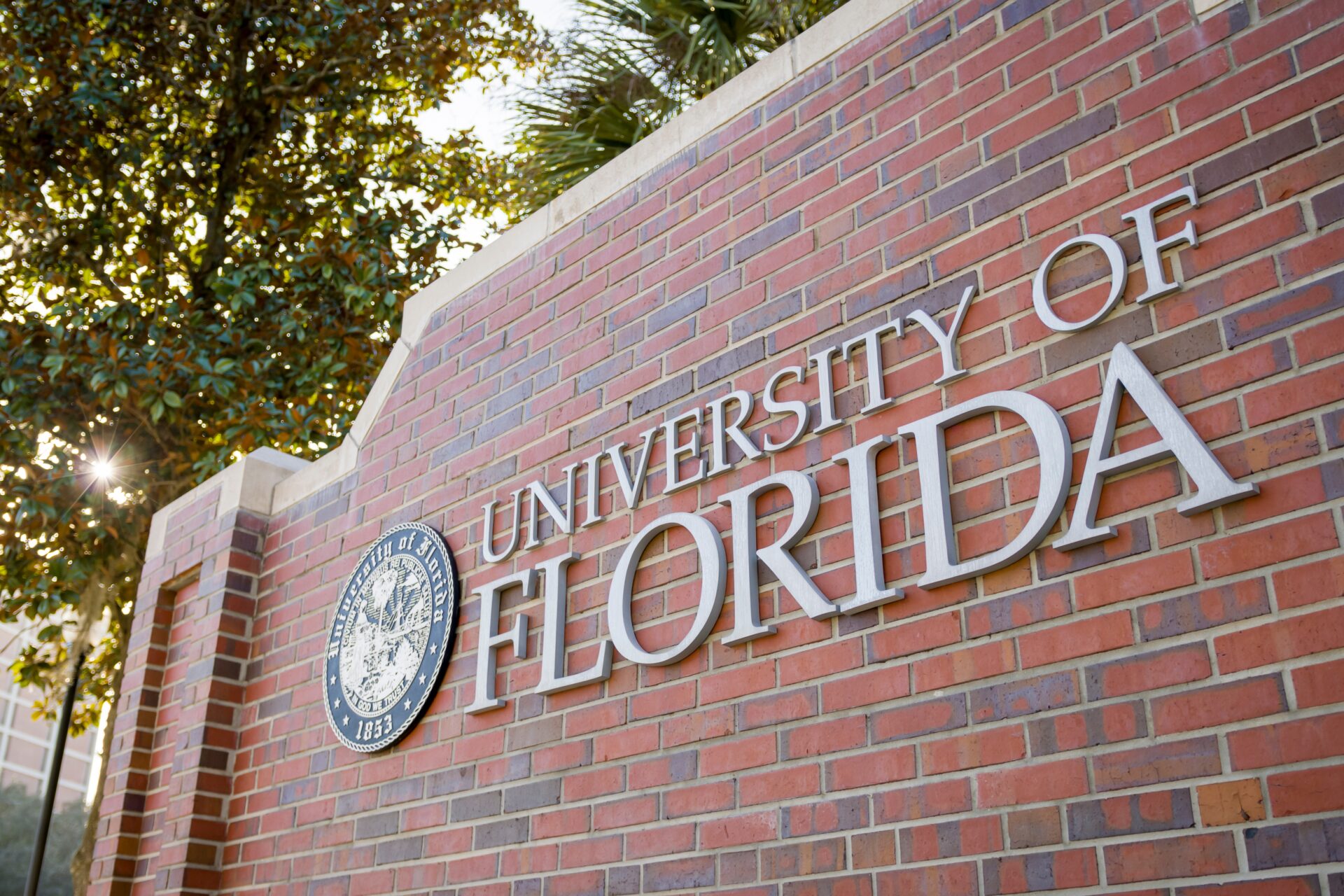
Chip Breakthrough STUNS AI World!
A new University of Florida photonic chip delivers AI computations with 100 times greater efficiency, promising to slash energy costs and secure U.S. dominance in next-generation hardware.
At a Glance
- University of Florida researchers unveiled a silicon photonic AI chip.
- The chip uses light instead of electricity to perform core computations.
- Demonstrated up to 100x energy efficiency with 98% task accuracy.
- Published in Advanced Photonics in September 2025.
- Innovation aligns with Trump-era policies promoting U.S. research leadership.
American Innovation Leads Global AI Revolution
Researchers at the Florida Semiconductor Institute, led by Dr. Volker J. Sorger, announced a milestone in artificial intelligence hardware: a silicon photonic chip capable of performing convolutional operations essential to AI with unprecedented efficiency. Unlike traditional processors that rely on electricity, this chip harnesses light to conduct its computations, reducing energy consumption by up to 100 times while maintaining near-perfect accuracy in critical machine learning tasks.
This achievement not only enhances AI performance but also strengthens U.S. leadership in next-generation semiconductor technology. The development demonstrates how American research institutions can deliver global breakthroughs, reinforcing the nation’s strategic edge in artificial intelligence and advanced hardware.
Watch now: Light-Powered AI Chip Explained
Crushing Energy Demands While Maintaining Peak Performance
Traditional AI workloads, particularly those relying on graphics processing units (GPUs), are infamous for their high power requirements. The Florida team’s photonic chip addresses this by delivering computational results with 98% accuracy in tests such as handwritten digit classification, all while consuming negligible amounts of energy.
The implications extend across industries where energy costs remain a barrier to wider AI deployment. By lowering consumption, the chip opens the door for more efficient AI-driven operations in sectors ranging from finance to healthcare, and it may reduce the strain on power grids already challenged by AI’s exponential growth. Businesses stand to gain substantially from reduced operational overheads without compromising on computational performance.
Strategic Advantage for American Industry
The research’s emergence under a pro-business environment highlights the intersection of technological progress and national policy. U.S. firms are positioned to benefit quickly, as the photonic chip can integrate seamlessly into existing AI infrastructure without major overhauls. This flexibility accelerates adoption and enhances competitiveness for American companies.
Dr. Sorger underscored the broader importance of the advance, calling it a “leap forward for future AI systems.” He emphasized its role in addressing scalability concerns, ensuring that AI can continue to expand without hitting energy or cost bottlenecks. This advantage comes at a time when U.S. industry seeks to balance rapid innovation with sustainable growth.
Breaking Free from Energy Constraints
The breakthrough arrives as AI growth increasingly pressures global power supplies and escalates electricity costs. By using photons instead of electrons, the chip changes the fundamental physics behind AI computations. This shift could benefit data centers, edge devices, and defense applications by reducing reliance on traditional energy-heavy components.
The research, peer-reviewed and published in Advanced Photonics in September 2025, confirms the technology’s readiness for commercial exploration. Its validation paves the way for U.S. semiconductor firms to capture leading market positions, offering both economic and strategic independence. With this photonic chip, American innovation has set a new benchmark for the future of artificial intelligence hardware.
Sources
University of Florida News
Bioengineer.org
Advanced Photonics


